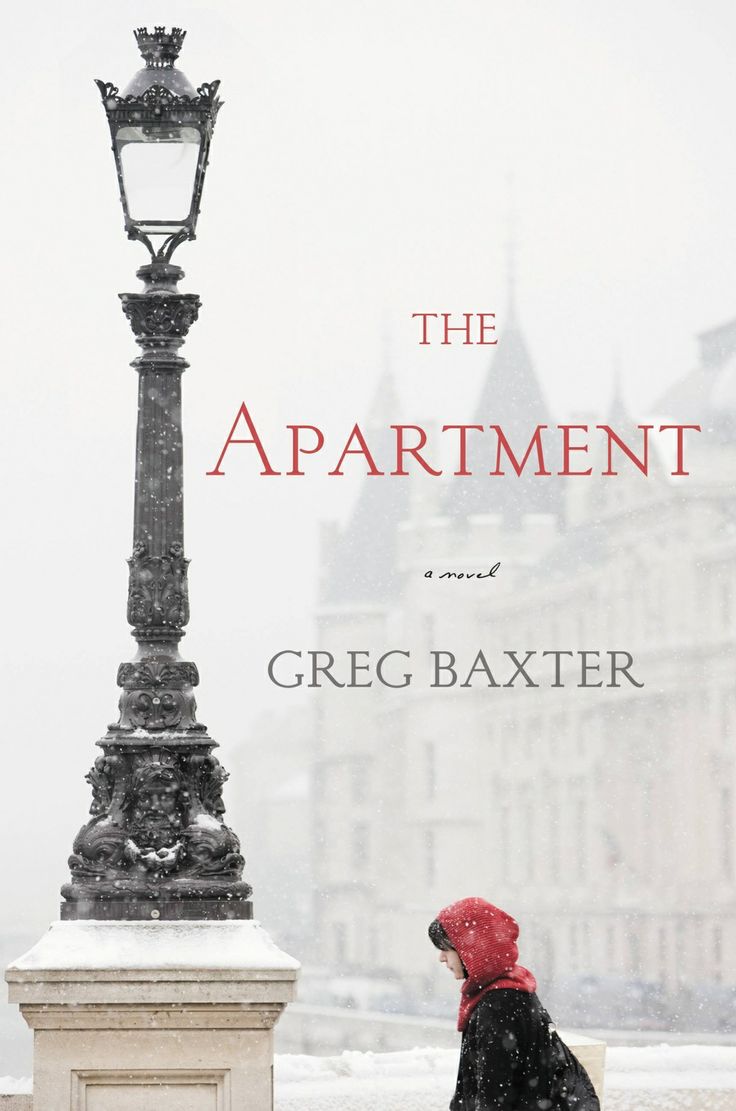Comfortably Out of Place
The Apartment by Greg Baxter.

There is a feeling that is entirely unique to the challenge of moving to a new city where the locals speak a foreign language. It is a sense of ersatz belonging, of feeling comfortable yet oddly, perpetually, out of place. It isn’t necessarily a negative sensation, but it does frame the experience via a very specific lens, and it is this lens through which Greg Baxter’s new novel, The Apartment, tells its story.
The city of the novel is unnamed, but it is clearly European, filled with baroque architecture and Christmas markets seemingly around every turn. The story is set in December, and the setting is harsh and cold, yet alive and vibrant, and—most importantly—completely realized.
Unnamed too is our narrator, a Navy vet who left the service and retired in his early 40s after making a fortune by starting up an intelligence firm in Baghdad. He has moved to this city, where he does not speak the language and knows no one. But why? “When I left six weeks ago, I didn’t tell anybody I was leaving,” he says. “I just went to the airport one morning and got on a flight … I wanted to live in a cold city.”
His is a quest for some sort of seclusion, but despite his attempts at complete isolation, he has made friends with a local, Saskia, who is helping him find an apartment. The novel takes place over a one-day period and depicts their perambulations throughout the metropolis as they partake in richly described mundanities—calling landlords, packing clothes, eating lunch. But the narrative ebbs and flows, written as it is in long streams of consciousness, with frequent breaks for flashbacks and with extended paragraphs salted sparingly with dialogue. It is dreamlike, flashbacks floating hazily alongside present observations and experiences. And it works remarkably well; that feeling (ersatz belonging, comfortably out of place) is unmistakable, and it is hard to shake.




